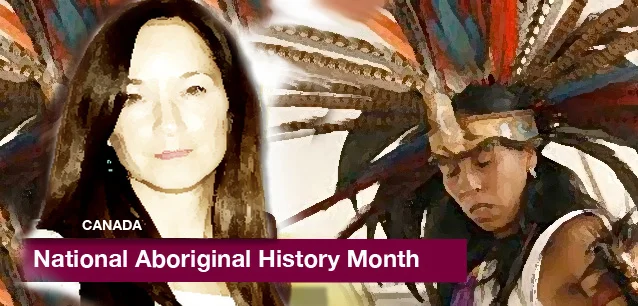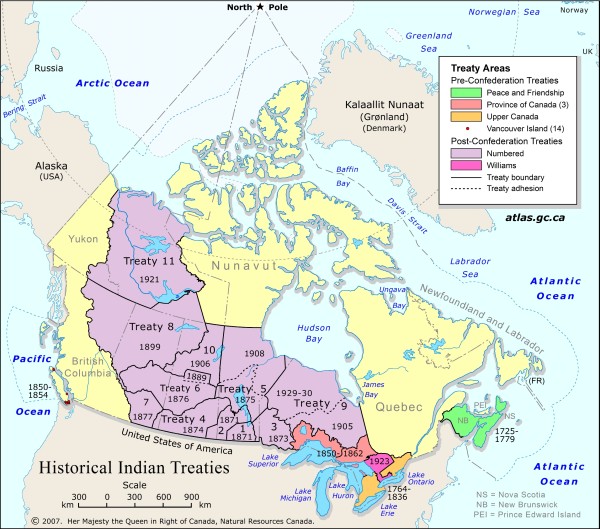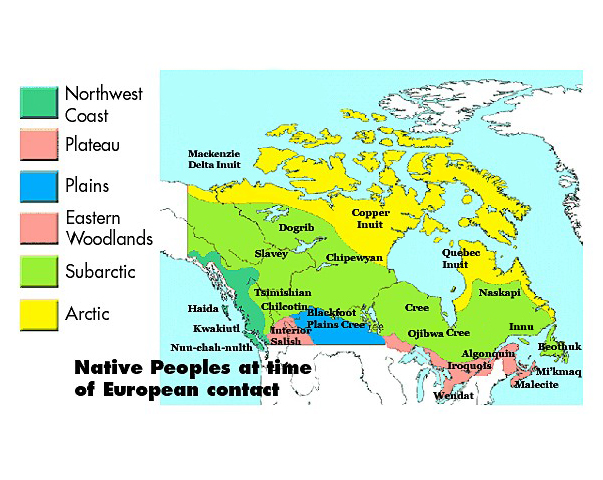 AD
AD
Today is: December 02
Scroll to explore events active on this date.
LEEP INK FEATURES

August? Absolutely!
In August, we live through the Dog Days of Summer. It's hot and often humid, and those who can leave for better climates do. Down south, winter is in full force. August is also known as "the ...

In The Heat of July: July 2025 Events
Is it hot enough (or cold enough if you're below the equator) for you yet? There is actually a day for that! Like every month, I pick a diverse collection of events you may or may not know about. This ...

May Blooms: Events in May 2025
Along with October, May is one of the most densely packed months of the year. It's before the summer humidity and the last whole month of the school year. The weather is warming in t...
About National Aboriginal History Month in Canada
Politics , Civil Rights
Canada
Ends: Jun 30, 2022
DESCRIPTION:
Since 2009, June has been National Aboriginal History Month in Canada. June 21 is set aside each year as a day to honor the culture and contributions of native Canadians. Often referred to as the First Nations, including the Inuit and Métis tribes.
Royal Proclamation of 1763 is the foundational document and agreement between the First Nations people and the Crown. It laid the basis for Canada's territorial evolution. Concurrently The Treaty of Paris in 1763 ended more than 150 years of European competition and conflict in Canada. France ceded its colonial territories to Britain, becoming the primary European power in most of North America. The Spanish Empire extended into California, Arizona, New Mexico, and Texas. France maintained its hold until 1803 of what would later be called the Louisiana Purchase.
The First Nations comprise six geographical Groups:
Woodland: Living in the boreal forest in the eastern part of the country;
Iroquoian: inhabited the southernmost area
Plains: Dwelling in the grasslands of the Prairies;
Plateau: Ranging from the semi-desert conditions in the south to high mountains in the north;
Pacific Coast: Living in the coastal regions of British Columbia
Mackenzie and Yukon River Basins: Inhabiting the northern areas adjacent to Alaska.
VIDEOS
SUPPORTING DOCUMENTS
ADDITIONAL IMAGES
Where would you like to go now?
 AD
AD






/footer-logo.svg)
